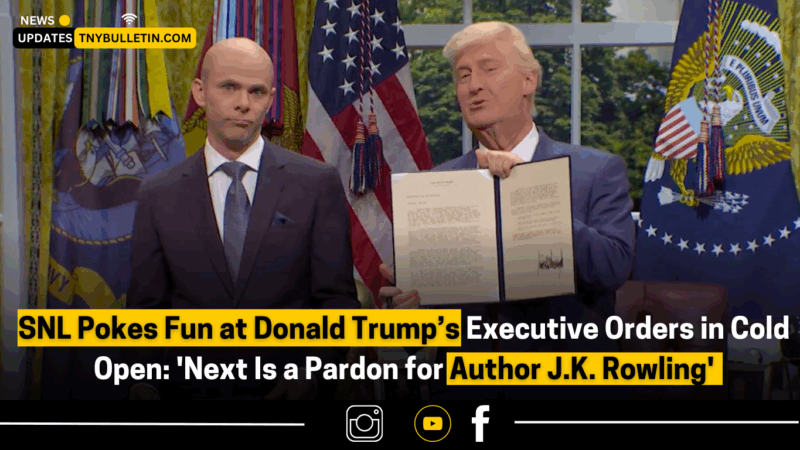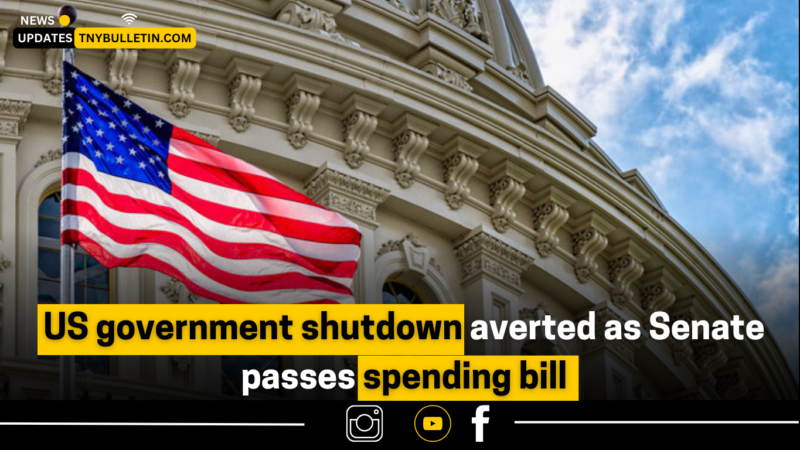Barrage of news shows climate change policy is rapidly shifting under Trump administration
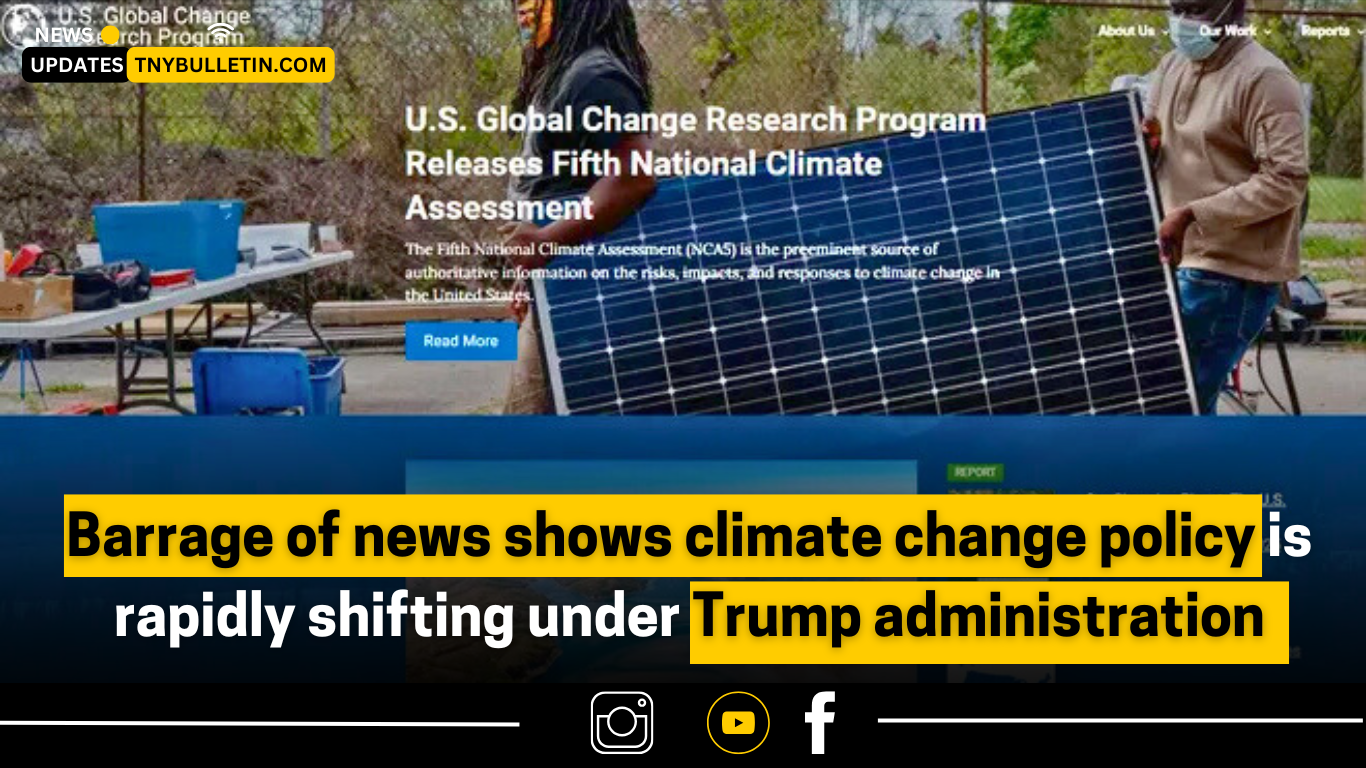
The Trump management has sparked worldwide hobby with sweeping changes to U.S. weather change insurance. From retreating from global agreements to rolling back environmental guidelines, these shifts mark a dramatic departure from preceding administrations. This article explores the key insurance changes, their implications, and responses from the general public and international community.
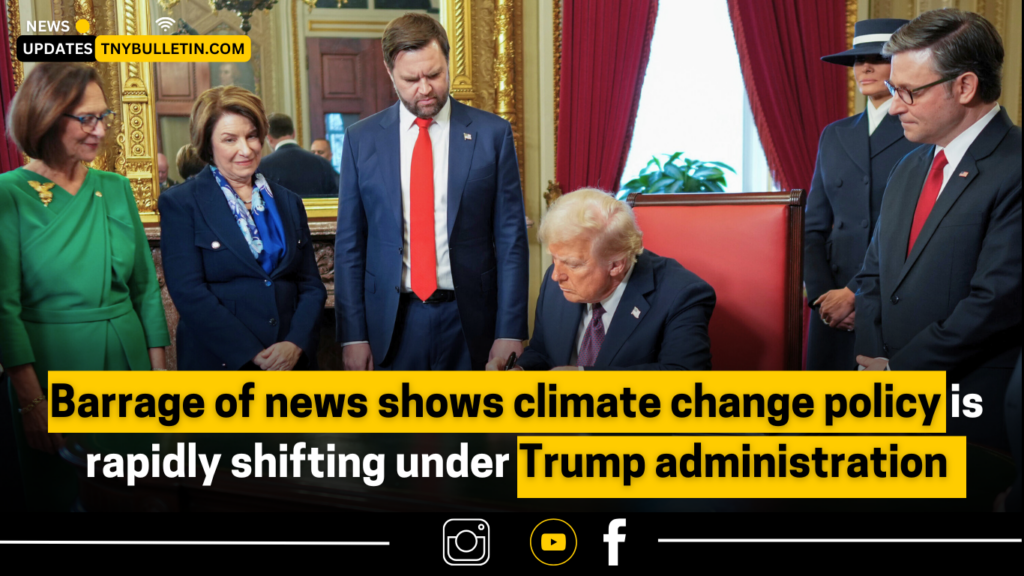
The Current State of Climate Policy Under Trump
A New Direction for Environmental Regulation
The Trump administration has prioritized deregulation, especially focusing on Obama-generation climate tips. Key focus areas encompass easing regulations on fossil fuel industries and decreasing federal oversight of emissions.
Withdrawal from the Paris Agreement
In 2017, President Trump introduced the U.S. to the Paris Climate Accord, a landmark international settlement to limit temperature upward thrust. This selection drew complaints, however, and aligned together with his “America First” power schedule.
Key Policy Changes Reshaping Environmental Efforts
Rollback of Clean Power Plan
The Clean Power Plan, designed to reduce carbon emissions from energy plant life, was replaced with the Affordable Clean Energy rule, granting states extra flexibility while weakening emission standards.
Expansion of Fossil Fuel Development
Executive orders have opened federal lands and waters to oil, gas, and coal drilling. The Keystone XL and Dakota Access pipelines had been approved, emphasizing electricity independence over renewable transitions.
Weakening Vehicle Emission Standards
The management revised Corporate Average Fuel Economy (CAFE) standards, allowing cars to emit extra CO2. Critics argue this undermines progress in reducing transportation-associated pollutants.
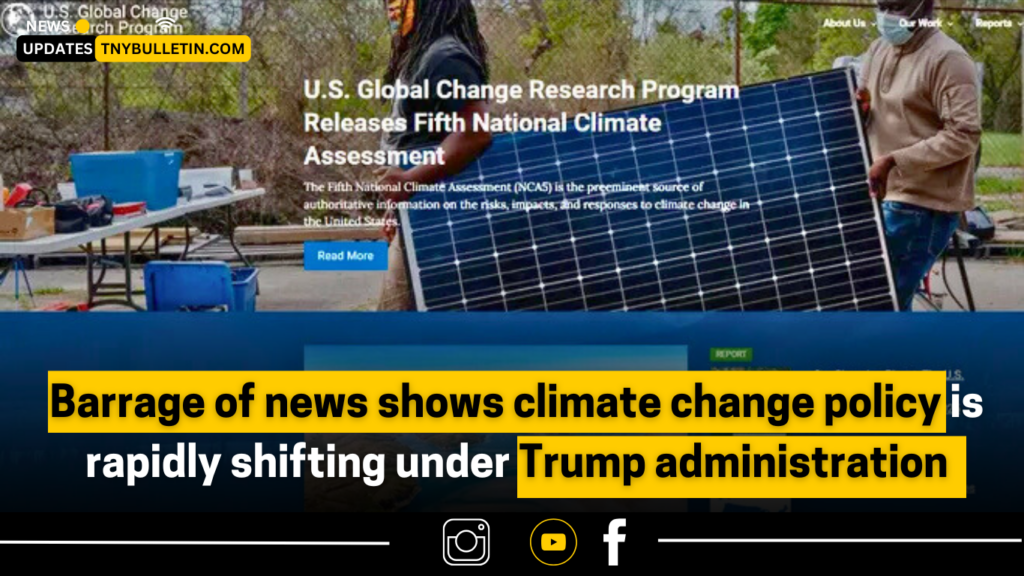
Impact on Environmental Initiatives and Global Relations
Domestic Environmental Programs at Risk
Funding cuts to the EPA and packages like ENERGY STAR have hindered weather studies and smooth strength incentives. States like California have countered by adopting stricter neighborhood policies.
Strained International Partnerships
The U.S.’s withdrawal from the Paris Agreement weakened its leadership position, developing gaps in worldwide weather diplomacy. Allies, just like the EU and China, have located themselves as climate action leaders.
Public and International Response to Policy Shifts
Growing Activism and Legal Challenges
Environmental businesses, along with the Sierra Club and NRDC, have filed lawsuits to block deregulation. Youth-led moves like Fridays for Future increase public call for for action.
Corporate and State-Level Resistance
Companies such as Tesla and Microsoft continue investing in renewables, even as 25 states shaped the U.S. Climate Alliance to uphold Paris Agreement dreams.
Looking Ahead: The Future of U.S. Climate Policy
Potential Long-Term Consequences
Experts warn that comfortable regulations should delay emission reductions, exacerbating weather influences like intense weather. However, marketplace traits favoring renewables might also offset some policy setbacks.
Election Implications and Policy Reversals
The 2020 election ought to determine whether or not those adjustments persist. A Democratic management may reinstate regulations and rejoin worldwide agreements.
Conclusion
The Trump administration’s weather coverage overhaul displays a stark prioritization of economic boom over environmental stewardship. While supporters applaud decreased regulatory burdens, critics highlight risks to international weather dreams and public health. The coming years will display whether those shifts grow to be everlasting or face reversal.
FAQs: Trump Administration Climate Policy Changes
1. What most important weather regulations has Trump changed?
Trump exited the Paris Agreement, rolled back the Clean Power Plan, and weakened car emission requirements.
2. How does leaving the Paris Agreement affect the U.S.?
It isolates the U.S. From international weather efforts and reduces its effect on global negotiations.
3. What are the criticisms of those policy shifts?
Critics argue they boost climate trade, damage public fitness, and hinder renewable power innovation.
4. Are there benefits to Trump’s electricity regulations?
Proponents declare they reduce electricity charges and bolster industries like coal and oil.
5. How can people recommend climate action?
Support renewable electricity tasks, vote for climate-centered leaders, and interaction in grassroots activism.




